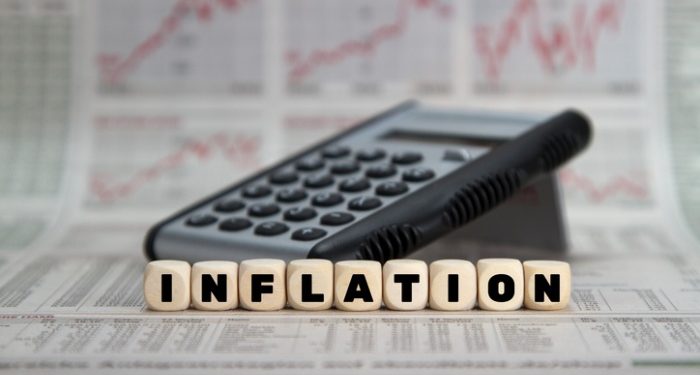UK inflation (CPI) hit another high as it grew to 9 per cent in the year to April 2022, which is the highest since current records began and the highest since 1982, according to new estimates by the Office for National Statistics.
Higher energy prices were most likely the primary cause of the increase. As the Ofgem price cap was extended, energy costs surged 46.5 per cent in the month, with electricity up 40.5 per cent and gas up 66.8 per cent, according to the ONS.
According to Aegon, nine out of ten persons are concerned about the cost-of-living crises’ impact on society as a whole.
Canada Life research found that seven out of ten people, or 70 per cent, have already cut or are actively working to reduce their energy consumption. Almost two-thirds of respondents or 63 per cent have already altered or plan to change their buying habits to include more own-brand items. Furthermore, over half of respondents or 54 per cent, have either lowered or are preparing to reduce their non-essential spending.
Aegon pensions director Steven Cameron says: “The cost-of-living crisis has just stepped up another gear with inflation now sitting at 9 per cent. After the energy price cap jumped in early April, take-home pay is being hit by a triple whammy of soaring inflation, increased national insurance rates and a freeze in income tax thresholds, dragging ever more people into paying higher rate tax. Aegon’s latest research** shows nine in ten (90 per cent) of adults are concerned about the impact of the cost-of-living crisis on wider society, with over half of these very concerned. This compares with 71 per cent who are concerned about their own personal position.
“One particularly vulnerable group is pensioners who’ve seen their state pension increase by just 3.1 per cent in April, representing a 5.9 per cent loss in their purchasing power with inflation currently at 9 per cent. Those hoping to supplement retirement incomes from interest on cash savings face even greater challenges. A savings account paying at the base rate level of 1 per cent is losing 8 per cent in real terms with inflation at 9 per cent.
“The Bank of England expect inflation to reach double digits at its peak in Q4 later this year. This could grant state pensioners a bumper increase under the triple lock next April, but only after what will be a very difficult year and a long, cold winter for many. It is still unclear whether the Chancellor will provide temporary or targeted support for those in greatest need, but in the meantime many individuals will be looking to cut back on ‘discretionary’ purchases where they can.”
“The increase in costs to households of basic energy is a huge shock to the system. Proposals by the Government to offer warm home top-ups might take the edge off, but come winter, the household finances of the most vulnerable will still be in the deep freeze.
Interactive Investor head of pensions and savings Becky O’Connor says: “Even today’s pensioners may barely remember the last time inflation was this high – 1982 was the year of the Falklands War.
“Energy price rises are panic-inducing. It is asking the impossible to expect people on low, fixed incomes, including the UK’s more than 11 million pensioners, to shoulder such increases. A high proportion of the UK’s 66 and overpopulation are dependent on the state pension alone. The full new state pension is £9,627 a year and the basic state pension is £7,376.
“A typical energy bill of £2,000 takes up 20 per cent of state pension income for people on the new state pension and 27 per cent of basic state pension income. Those who don’t receive a full state pension will be paying an even higher proportion of income on energy. In normal times, no more than 10 per cent of income would be considered a reasonable amount to spend on energy. Many just won’t be able to pay.”
“Making full use of all discounts, as well as Pension Credit for those who are eligible, is now an absolute must. You may be eligible for additional support from your local authority and it is worth checking. It will be very hard to get through the next few months without help, so don’t delay. Age UK and Citizens Advice may also be able to help you identify the best sources of support for your circumstances.”
Canada Life technical director Andrew Tully says: “Today’s 40-year high will offer no comfort to the millions of people trying to balance the weekly budget. With the Bank of England expecting inflation to peak above 10 per cent later this year, we know the worst is yet to come. But the peak, when it comes, only tells us part of the story. How long inflation remains high will determine our living standards for years to come.
“People are telling us they are already tightening their belts, reducing their energy consumption, going out and eating out less often or changing shopping habits. But there is a limit to what individuals can do especially if high inflation lasts well into next year. Further government intervention is quite likely.”
The post Inflation hits 40-year high – industry reaction appeared first on Corporate Adviser.



